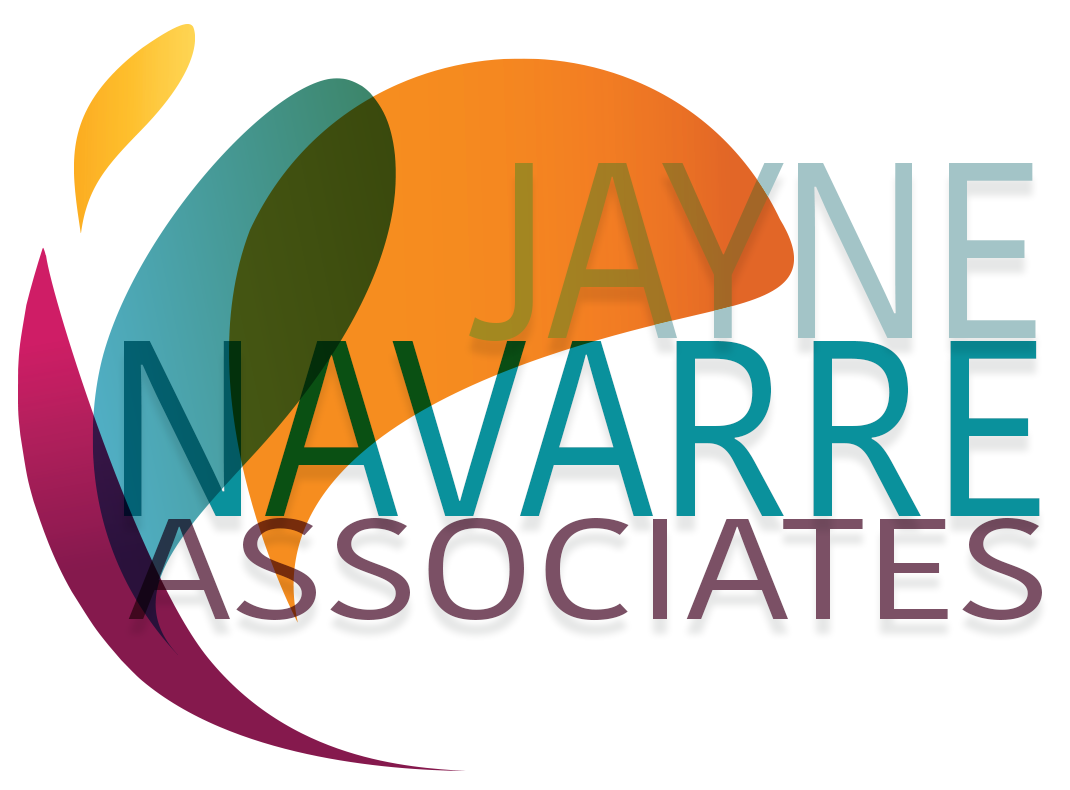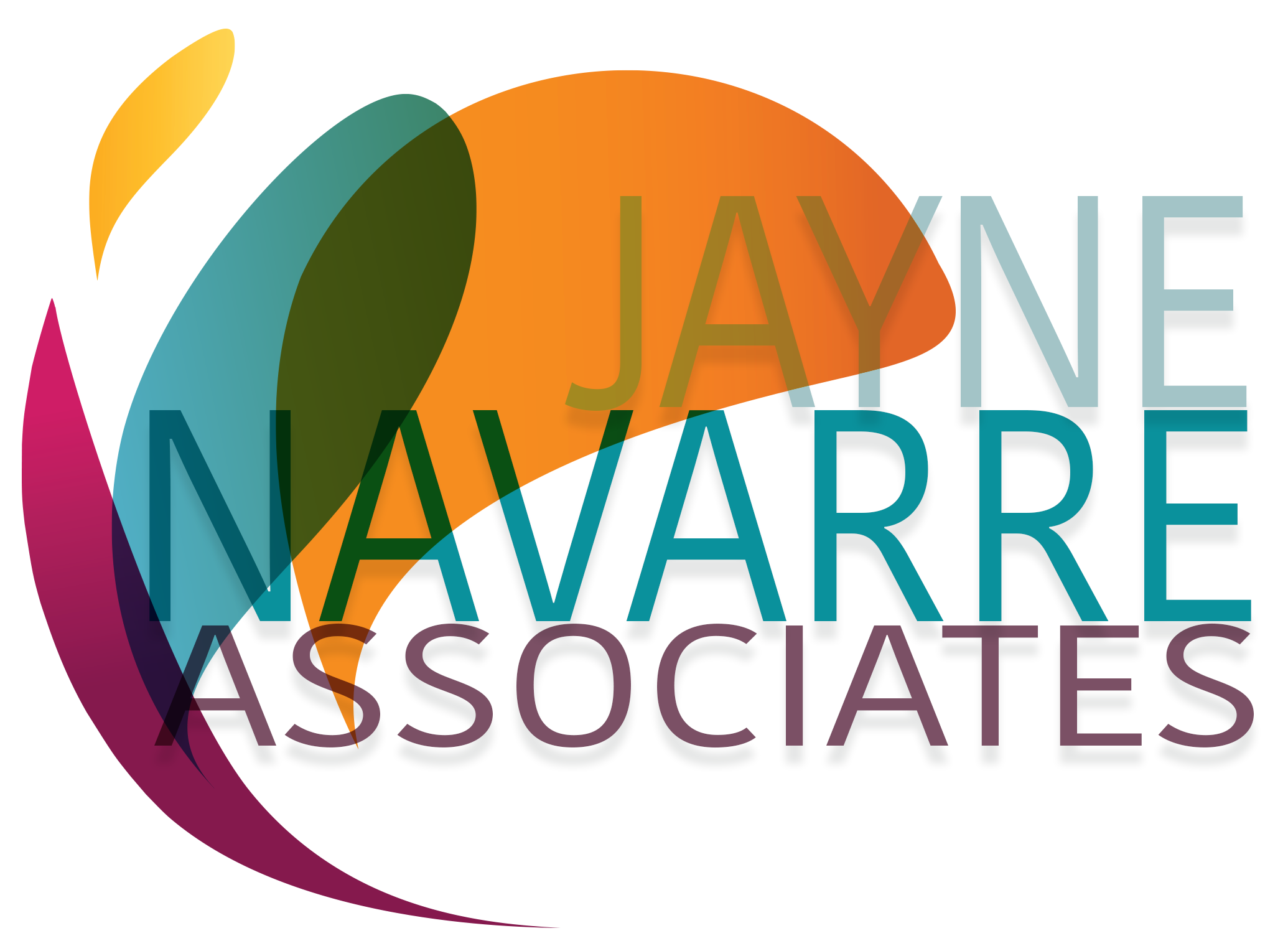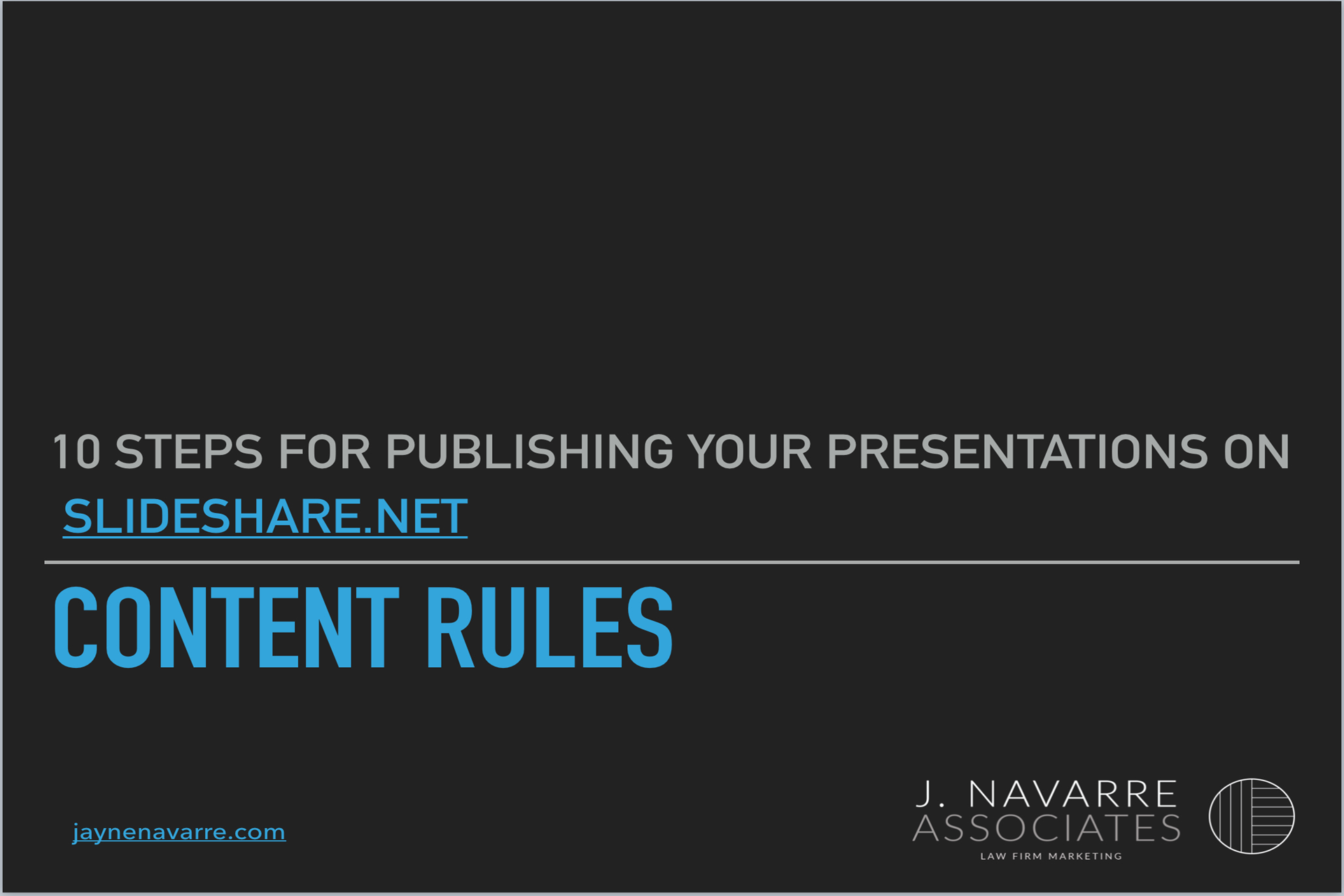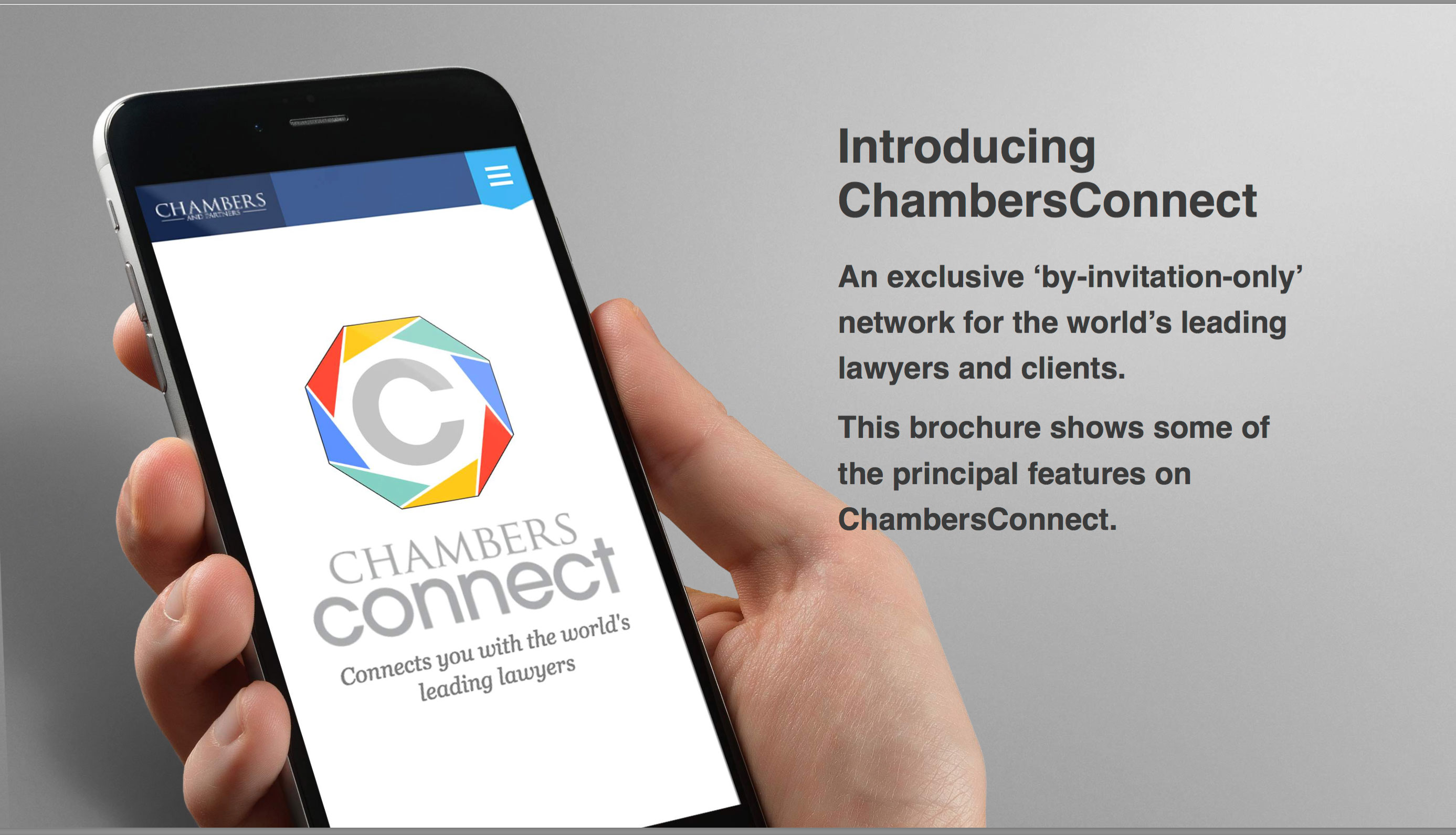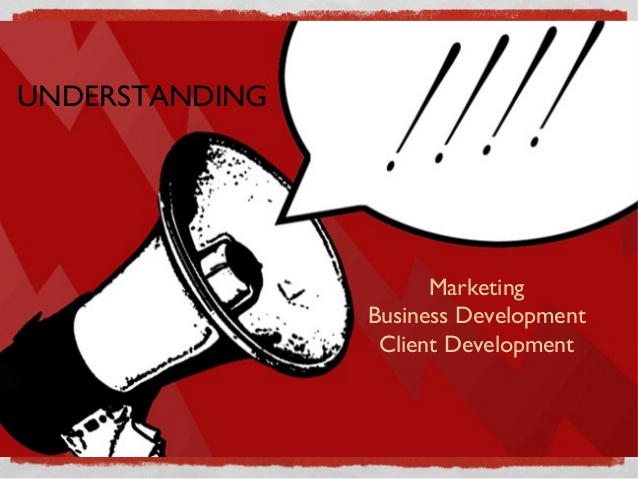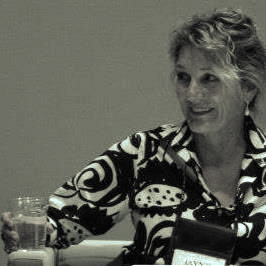The joint 2009 price tag on outside legal services for three large corporations is enough to run a small country—Office Depot: 12 million (excluding an SEC action); Wal-Mart: 315 million; BJ’s Wholesale Club: 9 million. These numbers represent significant revenue for the hundreds of law firms that serve them, so it was no surprise that the general counsel panel at The Hildebrandt Institute and West LegalEdCenter’s 17th Annual Marketing Partner Forum commanded attendees’ attention.
Elisa D. Garcia C., Executive Vice President and General Counsel of Office Depot, a panelist, told attendees:
“I want you guys to make money, but I also want you to bring your expertise in at a price that I can stomach.”
Fair enough. And, while value was the buzzword of the day, attendees found out that “value” means way more than alternative fees. General counsel are looking at the whole relationship because there are different value triggers for different matters. It’s outside counsel’s job to find them and provide them—if they want a long term relationship.
For law firms accustomed to having a captive audience for their expertise and bench strength, the rules are changing.
Read on for the candid advice offered by four general counsels on how they evaluate and hire law firms. (All quotes are approximate or paraphrased.)
How General Counsel Evaluates and Hires Outside Counsel
On Directories…
- “Everyone I know is a Super Lawyer.”
- “Super Lawyers, Chambers, U.S. News & World Reports, speaking generally they make no difference.”
- “Doesn’t mean anything to us. The most important information we get about hiring comes from referrals from our colleagues, and surprisingly from other law firms.”
- “Why do law firms spend money on directories? Because it makes them feel good. It is not definitive at all.”
- “When GCs go out to hire someone, they first talk to trusted colleagues and friends and now they also check the Association of Corporate Counsel (ACC) Value Index.” (More on this below.)
On Knowing Our Company…
- “My outside counsel will show that they can help the company.”
- “Delivering the right services that can help us save money (not talking about the legal bills exclusively, but the company’s bottom line) matters.”
- “Know our business. Know our sector.”
- “I heard a lawyer speak on the topic of negotiating credit card transactions with banks. He had great expertise. I hired him. His knowledge helped our company save a lot of money.”
- “Lawyers who are willing to put in the time to learn my business, on their dime, are so valuable to us.“
- “One firm came in, ‘on their own dime,’ and spent time at our stores observing operations, customers, and processes. That’s valuable.”
- “We expect our law firms to know and understand what the company culture is about. We want them to know our expectations. They are:
- Cost effectiveness
- Diversity
- Performance”
On Getting in Front of Us—How law firms can get noticed…
- “There is a glut of talent on the market now. Smaller boutiques with big law talent are getting our attention.”
- “CONTENT. Give us content that is targeted, relevant, and pertinent. Forget the wine-ing and dining.”
- “Give us content that says we know about your business and we’re paying attention.”
- “A law firm that is willing to come in and train 10 staff attorneys on a topic, on their own dime, gets my attention.”
- “Time is a valuable commodity. If our outside counsel can help us find more ways to carry out our tasks in less time, that’s going to get my attention.”
(Are you seeing a pattern here? “On-their-own-dime” was truly a theme of this panel!)
On Word of Mouth…
- “When I hear from another GC or staff attorney that a law firm, a team, a certain lawyer has done a great job for them, that’s the lawyer/law firm/team I want to meet and likely hire.”
- “Doing a good job with the work you have is the best marketing.”
- “More and more we are looking to the ACC Value Index as a tool to help us make hiring decisions.”
- “It only takes a few seconds to do a quick ACC Value Index evaluation form at the end of a matter. Law firms should take the lead and ask their general counsel to take part.”
- “I’m surprised at how many [in-house] lawyers are including very specific comments in their ratings [ACC evaluations]. It’s really helpful.”
- “I can always call an ACC member for more information and for recommendations.”
More on the ACC Value Challenge…
According to Mike Roster, Steering Committee Chair for the ACC Value Challenge and panel moderator, GCs are evaluating the firms they are using. Of the 1500 law firm ratings on the ACC website most scores are pretty high, 4.2 4.3, 3.9, across the board. The two areas most likely to get low scores are cost control and management.
“Surprisingly, many highly rated firms (4.5+) are in the ‘will not use again’ category. Comments typically reflect that while they are excellent attorneys, they are totally out of control in what they are doing. Today, GCs will look for firms rating high in those two areas—cost control and management—when hiring. For law firms and CMOs this is a way for you to differentiate your firm from the pack.” —Mike Roster, Moderator
- “CMOs and lawyers need to impress upon their clients the benefit of adding to the Value Index on the Corporate Counsel site.”
- “Seyfarth Shaw built it into their client assessment.”
- “Consider asking GCs to evaluate, using the Value Challenge, half way through a matter. You can take corrective action for the second half.”
On RFP’s…
Law firms spend significant resources on the RPF process. Each panelist had stories to tell about how law firms too often get it wrong.
- “The presentation of the RFP proposal (and/or the first interview meeting) gives a pretty good idea of what it will be like to work with that firm. If the proposal or meeting starts with a firm history, they lose points.”
- “Firms involved in an RFP should already be familiar with our company, subject matter, and geography.”
- “Focus should be on what the lawyers on the team can do for the company; focus on substance. We want expertise.”
- “The response of the losing law firm is important. Stomping your feet and leaving the room is not how you build a relationship with GC. If you don’t win the first day, play for another day. The RFP process gives losing firms a foot in the door to build a relationship. A lot of firms miss that opportunity.”
- “Losing firms should stay engaged with follow-up after the RFP. Often GC will actually use the losing firm the next time around if they take the time to build the relationship. How a losing firm handles the follow-up reveals a lot about how the working relationship might be.”
- “The law firm cannot be intrusive; but we are not annoyed by follow-up from losing firms. The point of contact should stay in touch. It is an important step to nurture and grow a relationship with us for future work.”
On Firm Fees, Size and Location…
Mike Roster also reported that, surprisingly, “legal rates have gone up 75% during a time when most companies have had to cut their operating costs. It makes no sense. But we are learning that value-driven relationships are changing the economy of the law firm in a great way. One big firm looked at the numbers of using an alternative pricing and delivery model and found it amazingly profitable to deliver value and they are changing their whole model.”
- “The price differentiation is shocking between large and smaller firms.”
- “GCs are moving down the curve of cost; similar to a time when banks moved from the more expensive financial centers such as New York to more affordable cities like Charlotte.”
- “Office Depot has 40 smaller law firms in their approved counsel.”
- “When GCs evaluate whether the large firm or small firm is better, they look to find the right person in a lower cost model that is highly capable, often with greater geographic convenience.”
- In some instances, like international expansion or class actions, GCs will have to use large firms. However, for local issues like real estate, zoning, and tort litigation they all agreed; they will go to smaller, local firms.
- “Make more money selling value.”
- “Keep in mind that different matters have different value triggers.”
On Fixed Fees…
- According to Joseph K. West, Esq., Associate General Counsel responsible for managing outside counsel for Wal-Mart, their overall spend on legal services this past year is much lower than normal due to more fixed fee arrangements with outside law firms and a ramp up of in-house capacity. He also predicted that more work on an alternate fee arrangement basis is forthcoming.
- GCs, several who formerly worked for “BigLaw,” understand the business side of law firms and say they are not trying to rob them of making money.
- “I know they know what it costs to do it, I know they can do it, I know they will make money at that price.”
- “Legal issues are reasonably predictable; including extraordinary stuff. It has a certain rhythm and can be put into a fixed fee box, but at some point it may come out of the box. The relationship should allow you to work in and/or out of the box.”
- In instances where they are looking for extraordinary lawyers in extraordinary cases, all panelists said they were willing to pay a premium for it.
On Metrics…
- “Billable hour and average profit per partner is offensive to the client. Get rid of it. When numbers are reported in the Wall Street Journal, our CEOs wonder what’s up?”
- “It’s a disaster to mark up associate fees to raise profits. The best-run firm, one that delivers value, is typically at a 2:1 leverage rate. These metrics work. But we still see 3:1 leverage and we don’t like it.”
- “For one outside counsel firm, no matter how many hours the partner spends on the matter, if the deal doesn’t go through, they don’t send a bill. Of course they get a nice percentage if the deal closes.”
On Talent…
- “First and second year associate rates are not worth it. And, if there’s churn in that spot it has a multiplying effect on the client.”
- “Don’t pass through training costs of new associates to the client. Give them two years to get to know the client, then start to bill for them.”
- “We are looking at retention issues, training, and flex time. They are all creeping into the alternative fee discussion.”
- “No other company would treat its most important commodity poorly enough to cause a turn over rate of 85% for first year lawyers who are gone by the 6th Why are you doing it? How can you get away with that?”
- “We look for our law firms to institute linkage to balanced work arrangements to retain female counsel. We want our outside law firms to work hard to retain women who need alternative relationships.”
- “Firms that offer to put an associate in the client’s legal department communicates that firm’s desire to keep the relationship.”
- “When a firm does lose an associate, they rarely debrief. Firms should consider using a 3rd party person for the debriefing to aid the client in transitioning the work. It saves us time. Time we don’t have.”
On Relationships…
- “Expertise leads to success. Success to relationships. Relationships to more success.”
- “Point of contact is absolutely critical.”
- “We want someone in charge at outside counsel.”
- “We want to be on a first name basis with partner leaders who are putting the team together.”
- “We want to meet the people who are actually going to do the work. Don’t send in the wow person who isn’t going to actually work on the matter. In most cases I would rather meet with the associate working on it.”
- “Once a year I am happy to meet with the firm, someone not on the account, to go over the relationship from objective point of view. Someone with whom I can be honest and frank. Be it the managing partner, client service officer, or a third-party.”
- “Our geographic reach disperses information and sometimes law firm politics erupt when we’re only dealing with the relationship partner in the main office. We’re not interested in the politics of the firm. We’d rather have the relationship with the practice group or lawyer we’re working with in the geographic location pertinent to the matter.”
On Communication…
- “Large in-house departments HATE surprise. They do not want to be caught off guard.”
- “The relationship partner needs to have the gravitas to make sure the needs of the client are important to the larger scheme of things, for example, the rest of the firm.”
- One panelist noted that they did not receive even one congratulatory call from any managing partner or relationship partner when they took over the General Counsel position at their corporation. Worse, not one called to learn about the new management style until they fired an outside firm; then they ALL
- In another example of poor communication; an outside counsel called the CEO directly with a golf invitation. The CEO called the GC to ask if he should go. The situation infuriated the GC. Hmmm… don’t do an end run around the GC for anything.
On Community…
- “Actively helping and linking in with the client’s passions is helpful in building the relationship.”
- “We want our law firms to align with us on foundations, charities, causes, etc., when possible, but it’s not why we hire a law firm.”
- “I like it when my lawyers can get involved in our communities and when law firms partner with us. But, it’s not definitive.”
- “No golfing or lunch, please. Don’t ask me.”
So there you have it! Seems to me that law firms interested in some of those corporate dollars would do well to:
- Learn their client’s business—truly. No lip service.
- Ask, listen, and act on client preferences.
- Communicate appropriately.
- Understand and address the unique value proposition for each matter.
- Manage talent strategically.
- Be flexible.
This content was first published on www.VirtualMarketingOfficer.com, Jayne’s blog that has covered social media, marketing, client service, and evolving management strategies for law firms since 2009.
